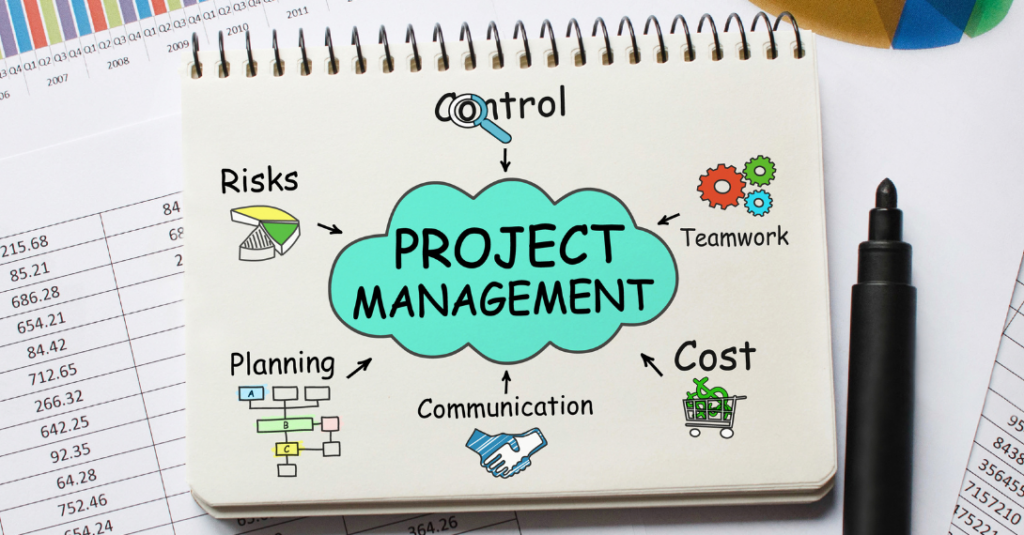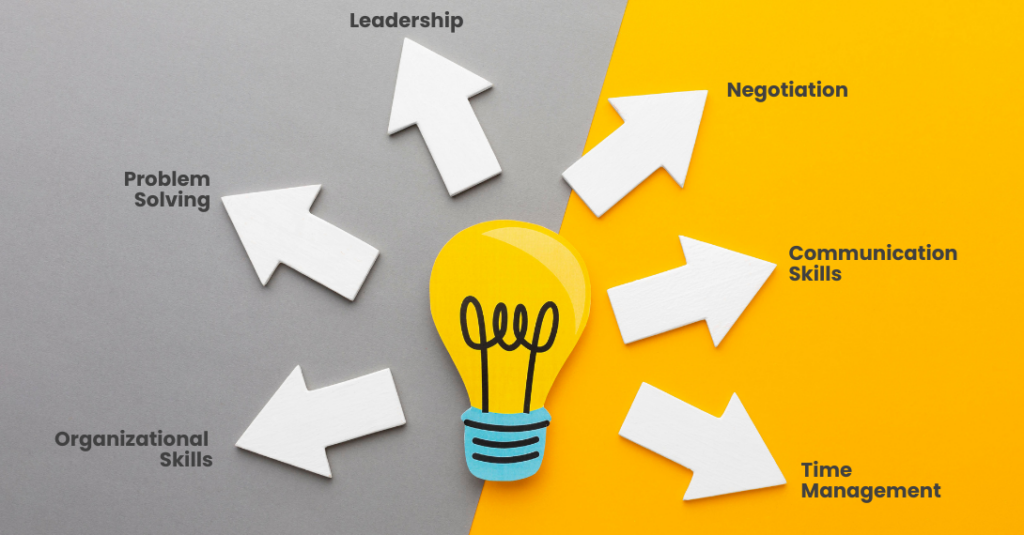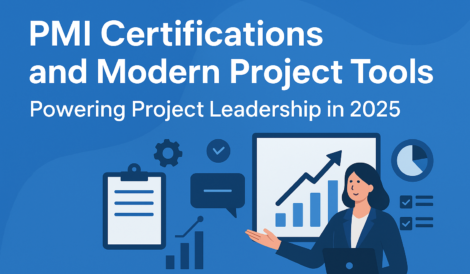Introduction
Project management is a crucial skill set applicable across diverse industries. It encompasses the strategic planning, organization, and resource allocation required to achieve specific objectives within defined timeframes and budgets. Whether you’re a student fostering your skillset, a freelancer navigating complex projects, or an employee seeking to optimize workflow, understanding core project management principles can significantly enhance your efficiency and productivity. Let’s embark on a journey into the world of project management!

Understanding Project Management: A Practical Approach
Project management entails overseeing a project’s lifecycle, encompassing tasks like defining clear goals, crafting a detailed plan, assembling a competent team, allocating resources strategically, establishing deadlines, and ensuring successful project completion.
The Significance of Project Management

Effective project management fosters numerous benefits, including:
- Enhanced Efficiency and Cost Savings: By streamlining processes and optimizing resource allocation, projects are completed within budget and timeframe constraints.
- Elevated Quality: Rigorous project management ensures the final product or service meets predefined quality standards.
- Increased Success Rates: A well-defined plan mitigates risks and fosters proactive problem-solving, leading to a higher likelihood of successful project completion.
- Strengthened Collaboration: Clear communication and collaboration are cornerstones of effective project management, resulting in a more cohesive and productive team dynamic.
Project Core Management Steps
- Project Definition: Clearly articulate the project’s goals, scope, and deliverables to establish a strong foundation.
- Project Planning: Develop a comprehensive plan encompassing tasks, timelines, resource allocation, and potential risk mitigation strategies.
- Team Assembly: Select a team with the requisite skills and expertise to ensure successful project execution.
- Resource Allocation: Strategically distribute budget, personnel, and equipment to ensure smooth project execution.
- Performance Monitoring: Continuously track project progress against established benchmarks and adjust as needed.
- Risk Management: Identify potential risks proactively and develop effective mitigation strategies.
- Open Communication: Maintain clear and consistent communication with team members and stakeholders throughout the project lifecycle.
Essential Project Management Skills

- Leadership: The ability to effectively guide and motivate your team members towards shared goals.
- Organizational Skills: Efficiently manage tasks, deadlines, and resources for optimal project execution.
- Problem-Solving: The ability to identify and develop solutions to challenges and obstacles that may arise during project implementation.
- Communication Skills: Conveying information and ideas clearly and concisely is critical for seamless collaboration.
- Time Management: Prioritization of tasks and adherence to established deadlines are key to project success.
Project Management Tools
Numerous tools can facilitate project management, such as:
- Spreadsheets: Ideal for creating simple project plans and tracking progress.
- Project Management Software: Feature-rich Software MS-Project, Primavera, etc, and cloud platforms like Jira, Zoho Projects, Trello, Asana, and Monday.com offer comprehensive project management functionality for complex projects.
- Collaboration Tools: Tools like Slack and Microsoft Teams facilitate communication and collaboration among team members.
Conclusion
While embarking on a project management journey might initially seem daunting, a well-defined approach and the right tools can empower you to navigate projects effectively. Remember, proficiency develops through practice. Start by managing smaller projects and gradually increase complexity as you gain experience. By adhering to these core principles and honing your essential project management skills, you’ll be well on your way to achieving project success.








